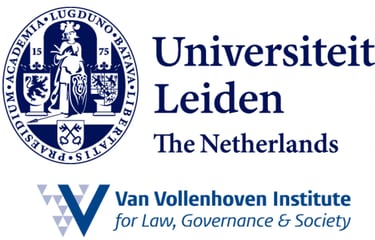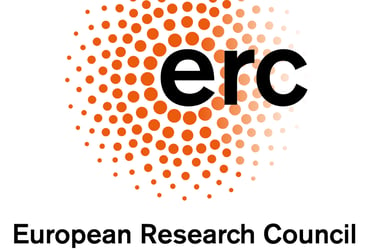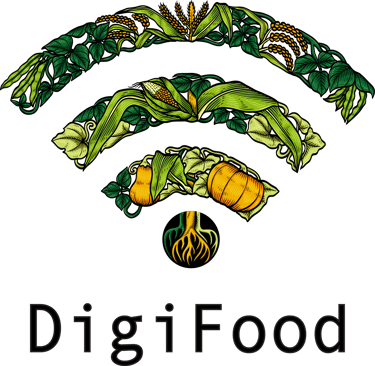
DigiFood:
Data Governance for Equitable and Sustainable Food Systems
Why is data governance key to the future of food?
Food systems are central to tackling climate change, hunger, and sustainable livelihoods. Yet they also drive global greenhouse gas emissions, biodiversity loss, and ill-health. Digital agriculture is increasingly promoted as a solution to these challenges, offering tools to collect and analyse data on everything from soil health to market trends, with the potential to improve efficiency and sustainability.
But these same technologies can also widen inequalities, concentrate control over data, erode traditional knowledge, and undermine farmer autonomy. Data governance is therefore essential to ensure digital tools support human rights, protect biodiversity, and strengthen the role of small-scale farmers and Indigenous Peoples in shaping food systems.
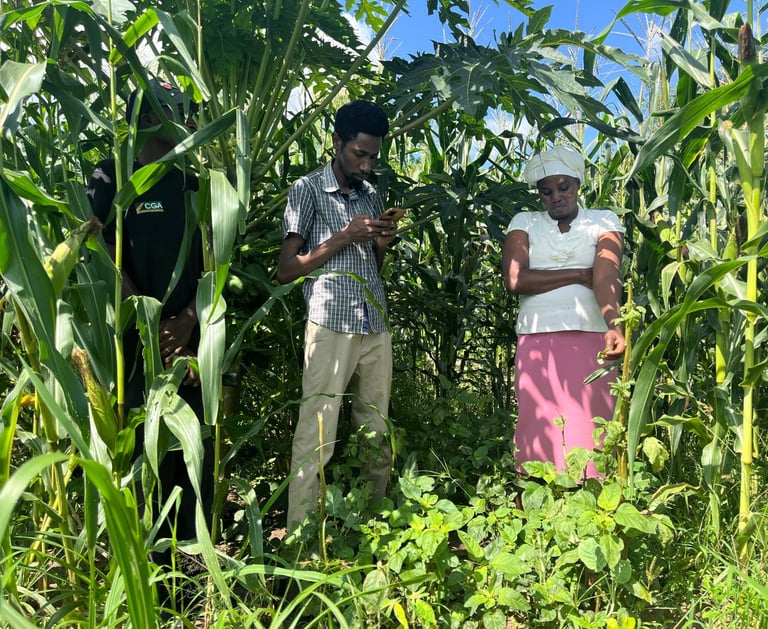

What is data governance?
Data governance refers not only to the rules and institutions that shape how data is collected, accessed, and used, but also to how data is understood, valued, and controlled. It involves legal frameworks, technological infrastructures, and political struggles over ownership, access, and rights.
DigiFood examines how data governance is evolving across agricultural systems, analysing emerging paradigms and practices. We work to advance a human rights-based approach that supports the well-being and autonomy of small-scale farmers, peasants, food chain workers, and Indigenous peoples.
Our research sites
Researching equitable digital food systems transnationally and in the Majority World
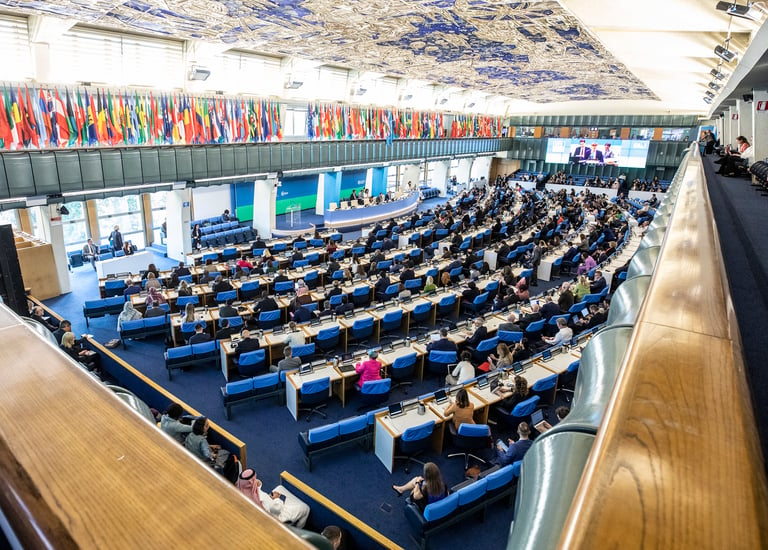

Transnational data governance
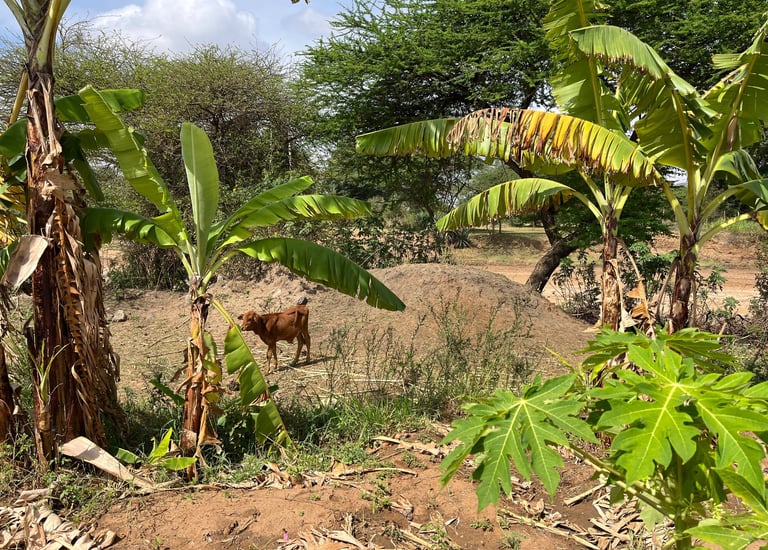

Kenya
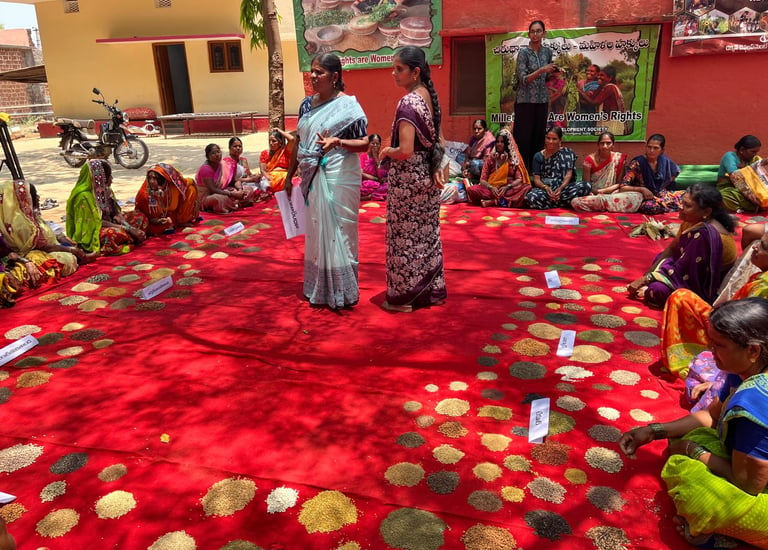



India
Colombia
→
→
→
→
DigiFood
DigiFood is hosted at the Van Vollenhoven Institute at Leiden Law School and is funded by the European Research Council Consolidator Grant
Subscribe for updates!
© 2025. All rights reserved.
